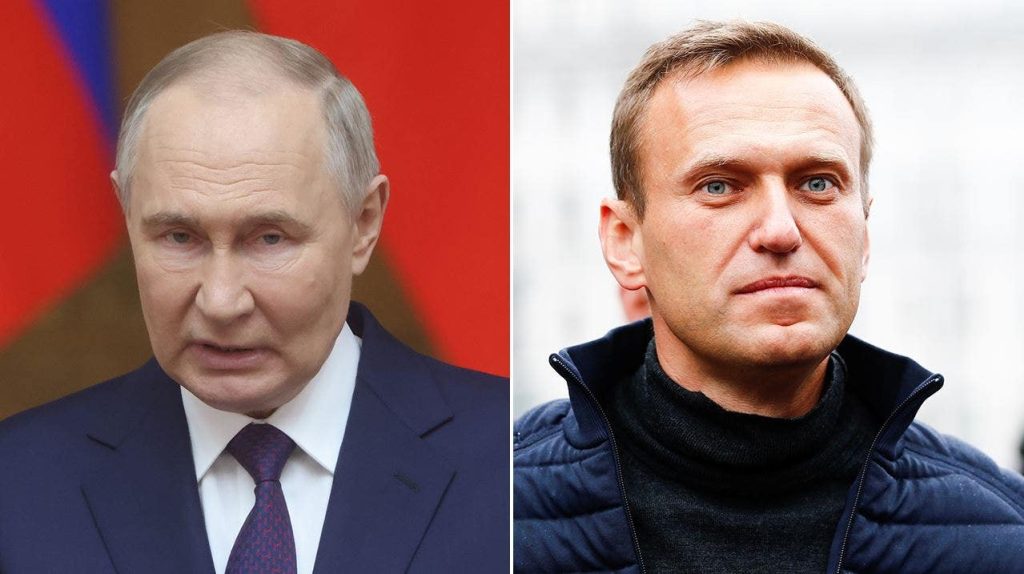U.S. intelligence agencies have concluded that Russian President Vladimir Putin likely did not order the death of opposition leader Alexei Navalny when he collapsed and died in February at an Arctic penal colony. The U.S. had previously concluded that the Kremlin attempted to kill Navalny in 2020 with a nerve agent, but believed that Putin would not have wanted him killed at that specific moment, as it would have overshadowed his reelection. The U.S. increased sanctions on Russia after Navalny’s death, with President Biden stating that Putin is responsible for Navalny’s death. Former President Trump also suggested that Putin may be responsible for Navalny’s death.
Navalny had been in prison since 2021, after returning to Russia from Germany where he had been recovering from his poisoning. After his death at the penal colony, the Federal Penitentiary Service of the Yamalo-Nenets Autonomous District in Russia released a statement indicating that Navalny lost consciousness after a walk and all resuscitation efforts were unsuccessful. The cause of his death remains unknown, with Russian media suggesting it was due to a blood clot. Navalny’s allies have criticized the U.S. assessment and expressed skepticism that Putin would not have been involved in the decision to kill Navalny.
Some experts suggest that the chances of Navalny’s death being unintentional were small, as he was viewed as a high-value political prisoner. Leonid Volkov, an ally of Navalny, dismissed the idea that Putin was not involved in Navalny’s death, emphasizing that Putin has a significant influence in Russia and would likely have approved such a decision. Slawomir Dębski of the Polish Institute of International Affairs also expressed doubts that Navalny’s death was accidental, given the political sensitivity surrounding his case. Navalny’s Anti-Corruption Foundation has claimed that Putin ordered his death to prevent his release in a potential prisoner swap with the U.S., a claim that Putin has denied.
Overall, the circumstances surrounding Navalny’s death have sparked controversy and speculation, with U.S. intelligence agencies concluding that Putin likely did not order the killing at that specific moment. However, Navalny’s allies and some experts remain unconvinced and continue to assert that Putin’s involvement is highly probable. The impact of Navalny’s death on political dissent in Russia is significant, as he was a prominent opposition figure known for his anti-corruption activism. The ongoing debate surrounding Navalny’s death underscores the challenges and complexities of the political landscape in Russia, as well as the implications of high-profile cases involving government critics.













